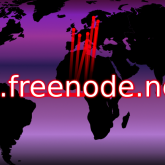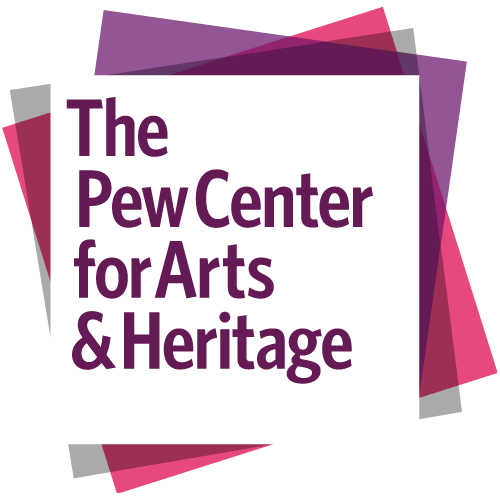Week 14: freenode
Hi Everyone,
This Tuesday is another event in a year-long series of weekly conversations and exhibits in 2010 shedding light on examples of Plausible Artworlds.
So far the series has featured projects and initiatives whose self-understanding is somehow “art” related, however tenuous their relationship to artworld-making may be. This week, however, we shift away self-described “art” worlds altogether to strike up a conversation with the ‘volunteers’ at freenode (chat.freenode.net) – an Internet Relay Chat (IRC) network freely provided to a variety of groups and organizations. IRC itself is a bit like skype without the business model — that is, a form of real-time conferencing, essentially designed for group communication in discussion forums, called channels.
freenode, formerly known as Open Projects Network, is a popular IRC network used to discuss peer-directed projects — such as Plausible Artworlds amongst countless others. freenode provides discussion facilities for the Free and Open Source Software communities, for not-for-profit organizations and for related communities and organizations. In 1998, the network had about 200 users and less than 20 channels. Ten years down the line the network currently peaks at just under 60,000 users and 10,000 channels, making it the largest free and open-source software-focused IRC network.
Though some aspects of freenode philosophy are specific to the workings of its medium, because the network exists to provide interactive services to peer-directed project communities, some of the group’s basic principles may prove invaluable to rethinking we we are calling artworlds. They include:
- Community members benefit from better access to each other. Putting a number of projects in close proximity in an interactive environment creates linkages and exchange between developers and projects.
- Communication and coordination skills are important to community projects. Peer-directed projects work because the paradigm works. Developers and community members are not unusually gifted at project coordination and communication. But improving those skills can make projects work better.
- Friendly interaction is more efficient than flaming. Calm, relaxed discourse without angry contention provides for better exchange of information.
- Project developers are self-driven. No one guarantees whose work will be used nor whether a project is worth doing. There is no single right approach to any design, implementation or support problem, and friendly competition is a fundamentally good thing.
- Peer-directed project communities need to grow. Many valuable peer-directed projects chronically lack skilled, motivated developers with time to devote to them. The potential base for peer-directed project communities includes anyone with the skills and interest to participate.
- Licensing must be free. For peer-directed projects to succeed, their creative output must be widely available and usable without significant restriction.
Many of the “plausible artworlds” we’ve been looking at could be described, strictly speaking, as “free nodes” of common desire, skill sets and exchange. Beyond its mere name, it may well be that freenode’s modus operandi too can shed light on the dynamics of more plausible artworlds.

